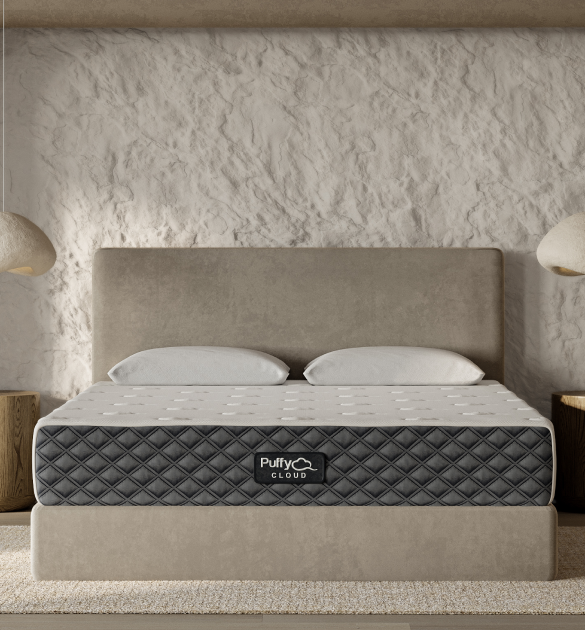You've got the crib. You've got the adorable crib sheets. But what about the mattress that goes underneath those sheets? As it turns out, the choice of your baby's mattress is a big deal.
It's where your little one will spend a significant amount of their early life. So, let's dive into how to navigate this often-overlooked decision and choose the best mattress for your baby.
How to Choose a Baby Mattress
Choosing a baby mattress is not as simple as picking the fluffiest option in the store. There are multiple variables to consider that go beyond the aesthetics and into the realm of safety and comfort for your little one.
Budget
- Mid-range to High-End: While it's true that more expensive doesn't always mean better, pricier options often provide advanced features like hypoallergenic materials and better support for your baby's developing spine.
- Discount Options: Budget-friendly choices are available, but you need to exercise caution. Make sure they meet all the safety standards, such as being free from harmful chemicals and providing sufficient firmness.
Size and Fit
- Standard Size: Ensuring the mattress fits snugly within the crib is crucial. Any gap can be a hazard where a baby might get stuck.
- Custom Cribs: If you have a non-standard crib size, you'll likely need a custom-sized mattress. Be prepared for fewer options and higher prices.
Longevity
- Convertibility: Consider a mattress that can be flipped to a softer side as your child grows into a toddler. This way, the mattress grows with your child.
Return Policy
- Trial Period: Some companies offer a trial period. This can be invaluable as some babies prefer certain types of mattresses over others.
What to Look for in a Baby Mattress
The right baby mattress should provide a safe and comfortable environment for your baby to rest. Here’s what you should keep an eye out for:
Material
- Foam vs Coil: Foam mattresses are generally lighter and easier to handle, especially for those middle-of-the-night sheet changes. Coil mattresses are heavier but may offer better support.
- Hypoallergenic: Babies have sensitive skin, so hypoallergenic materials can be a good choice to minimize allergic reactions.
Safety Standards
- Certifications: Look for mattresses that have passed certifications like Greenguard Gold or CertiPUR-US. These labels indicate the mattress has low chemical emissions, improving the quality of air where your child sleeps.
Ventilation
- Breathability: A mattress with good ventilation can reduce the risk of suffocation and also help regulate the baby's temperature.
Easy to Clean
- Waterproof Layer: Spills and accidents are inevitable. A waterproof layer can make clean-up much easier without compromising the mattress's integrity.
By paying attention to these factors, you can be more confident in your choice of a baby mattress. Whether you go for a high-end model with all the bells and whistles or a simpler, budget-friendly version, the key is to balance comfort, safety, and affordability.
Check out Puffy mattress reviews from real customers and see how we compare with other brands.
Understanding Mattress Types
- Foam Mattresses: These are generally made from polyurethane foam. They are lightweight but can vary in quality.
- Innerspring Mattresses: These contain coiled springs covered with a layer of padding. They offer good support but can be pricier.
- Organic Mattresses: Made from natural materials like organic cotton or wool, these mattresses are free from harmful chemicals but can be expensive.
Conclusion
Choosing the right mattress for your baby may seem daunting, but it’s all about balancing safety, comfort, and your budget.
Use our store locator to find the closest furniture or mattress store near you and feel the cloudlike comfort of our Puffy Mattress in person.
Whether you go for foam, innerspring, or even organic, make sure the mattress you choose meets safety standards and fits your crib perfectly. Happy parenting, and may your baby sleep as soundly as you hope to!
Note: This is an educational article. View Puffy's current mattress sizes and options.

- 6 layers of award-winning luxury.
- Medium-firm feel.
- Responsive memory foam.
- 101-night sleep trial.












